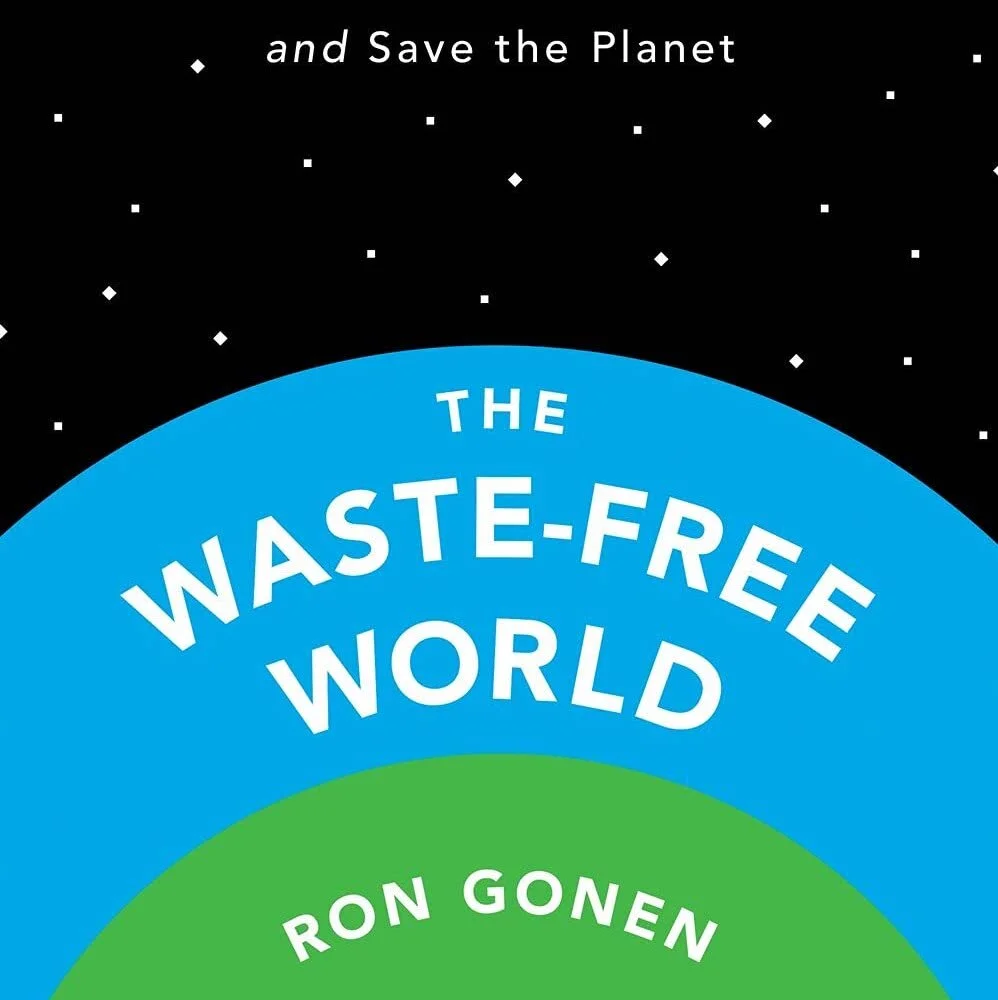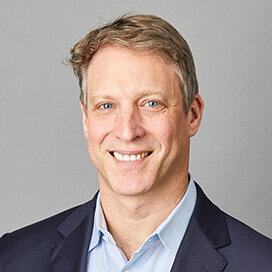The SDGs & UN Summit of the Future - Highlights - GUILLAUME LAFORTUNE
/Vice President · Head of the Paris Office
UN Sustainable Development Solutions Network
The SDSN was set up to mobilize research and science for the Sustainable Development Goals. The development goals were adopted in 2015 by all UN member states, marking the first time in human history that we have a common goal for the entire world. Out of all the targets that we track, only 16 percent are estimated to be on track. Currently, none of the SDGs are on track to be achieved at the global level.






